
Kevin Bowden, a computer science and engineering Ph.D. student, received the Best Paper Award at the 13th International Workshop on Spoken Dialogue Systems Technology (IWSDS) for his publication, “Let’s Get Personal: Personal Questions Improve SocialBot Performance in the Alexa Prize.” The paper details the open-domain conversational system, Athena, developed by Baskin Engineering students for the Amazon Alexa Prize SocialBot Grand Challenge.

Angela Brooks, associate professor of biomolecular engineering, was awarded the Outstanding Research and Professional Mentor Award from the Society for Advancement of Chicanos/Hispanics & Native Americans in Science (SACNAS), for her “demonstrated record of encouraging historically underrepresented minority students or professionals to pursue advanced degrees in a science, technology, engineering, mathematics or a related field.”
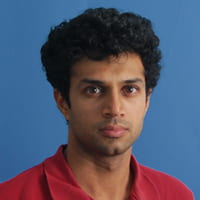
Sesh Comandur, professor of computer science and engineering, will give the Invited International Conference on Database Theory (ICDT) Lecture during the week of March 28, 2023. The ICDT is a prestigious conference on research in the foundations and theory of data management.

J.J. Garcia-Luna-Aceves, distinguished professor of computer science and engineering, was named a 2022 Fellow of the National Academy of Inventors (NAI) on December 8, 2022.
Additionally, Garcia-Luna-Aceves was recently awarded the 2023 IEEE Harry H. Goode Memorial Award “for significant and pioneering contributions to algorithms, protocols, and architectures for routing in computer networks and the internet.”
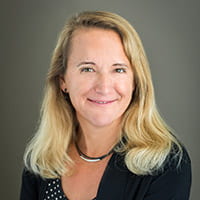
Lise Getoor, distinguished professor of computer science and engineering, received the distinction of 2022 Fellow of the American Association for the Advancement of Science (AAAS) “for distinguished contributions to machine learning, particularly for approaches that integrate structure and uncertainty.”
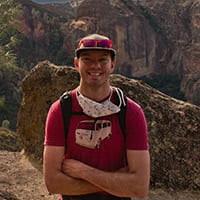
Reese Levine, a computer science and engineering Ph.D. student, and Assistant Professors of Computer Science and Engineering Tyler Sorensen and Andrew Quinn received both a Distinguished Paper Award and Distinguished Artifact Award at the ASPLOS 2023 Conference for their publication titled, “MC Mutants: Evaluating and Improving Testing for Memory Consistency Specifications.”
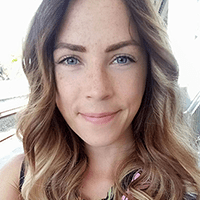
Ann McCartney, a research scientist at the UC Santa Cruz Genomics Institute, was awarded the National Human Genome Research Institute’s (NHGRI) inaugural Staff Award for DEIA Innovation in the Genomics Workforce for her commitment to equity in scientific research, particularly in advancing genomic data sharing and management and responsible research practices.

Kate Ringland, assistant professor of computational media, was awarded a Hellman Fellowship to support her research towards understanding how to design and develop self-sustaining social media technology for and with marginalized communities. This work focuses on the experiences of marginalized communities, with an emphasis on disabled community members, to understand how technology enables new modes of engagement and how play functions as a crucial site of care and social support for underserved groups.

Tyler Sorensen, assistant professor of computer science and engineering, received an NSF CAREER Award to support his research in developing the logical frameworks and mathematical models required to enable diverse processors to work together.

Haoyuan Wang, a computer science and engineering Ph.D. student, and Assistant Professor of Computer Science and Engineering Scott Beamer received a Distinguished Paper Award at the ASPLOS 2023 Conference for their publication titled, “RepCut: Superlinear Parallel RTL Simulation with Replication-Aided Partitioning.”

Alexander Wolf, distinguished professor of computer science and engineering and dean of the Baskin School of Engineering, received the distinction of 2022 Fellow of the American Association for the Advancement of Science (AAAS) “for research in distributed system software engineering, and for service to the professional computing community.”

Yuyin Zhou, assistant professor of computer science and engineering, was awarded a Hellman Fellowship to support her research on building federated learning systems in the presence of imperfect supervision, where annotations are scarce, incomplete, weak, or noisy. The research will enable collaborative machine learning model training in medical imaging, aiming to enhance accuracy and robustness while safeguarding data privacy and impacting various scientific fields, particularly healthcare.
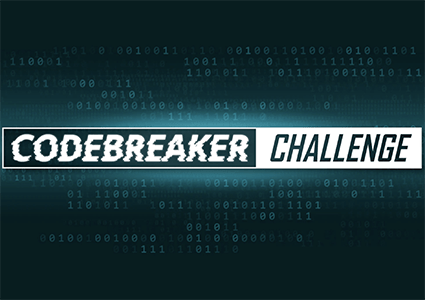
Through the combined efforts of more than 80 students, advised by Associate Professor of Computer Science and Engineering Alvaro Cardenas, UC Santa Cruz placed third out of 445 universities at the 2022 National Security Agency (NSA) Codebreaker Challenge.




